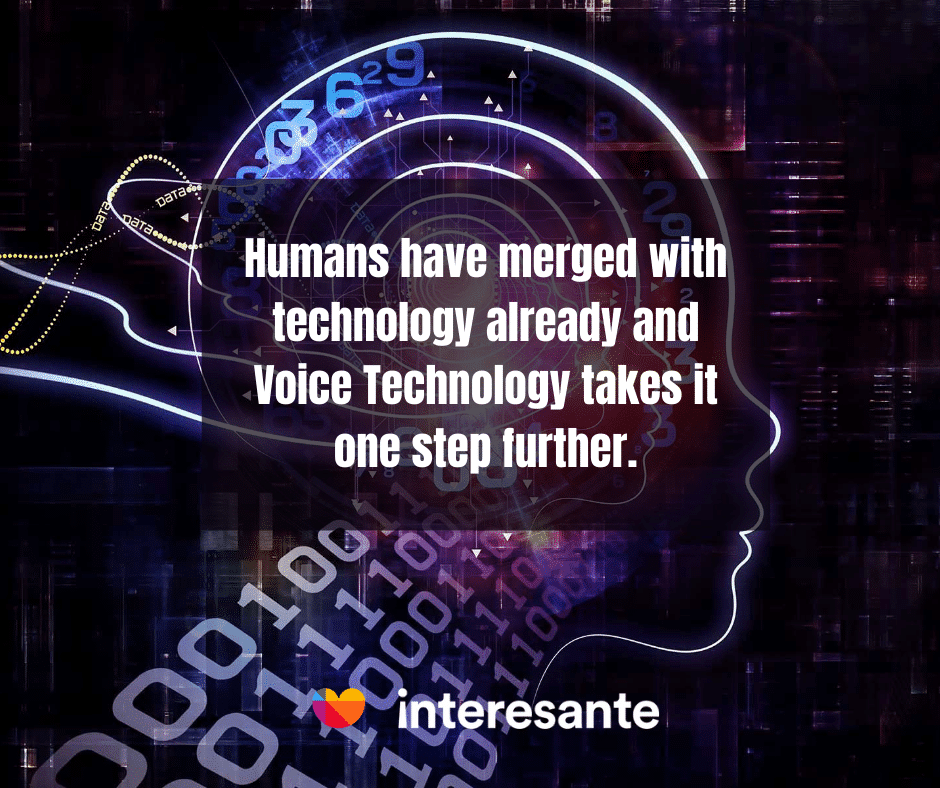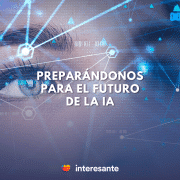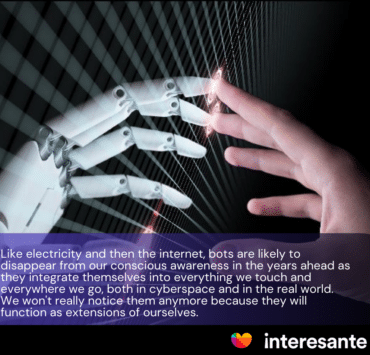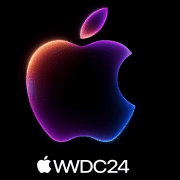Editor-in-Chief @ Interesante
Voice Technology is Getting Personal. Not since the smartphone have we seen such adoption. Voice Tech is taking off as cultural attitudes about Screen Time reach a tipping point, allowing Voice Tech to blossom.
Voice tech is changing the way people shop and search online. Voice-powered e-commerce reached $2 billion in 2017. Gartner predicts that 30% of web browsing will happen via voice by 2020, according to a DreamIt.
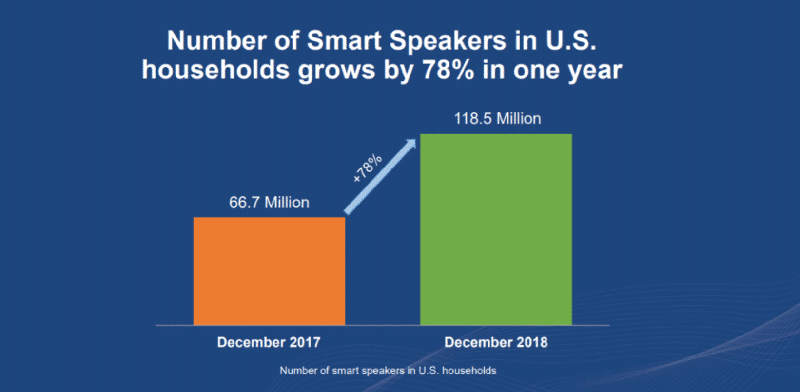
Here, we highlight Voice adoption and the cultural shift away from screens into a private and personalized cloud.
As smartphone sales drop worldwide, voice-powered devices are taking off. Smartphone sales dropped 6% in 2019, and iPhone sales dropped 30% during the same period of time. It’s been a long honeymoon for Apple, but it seems to be coming to an end.
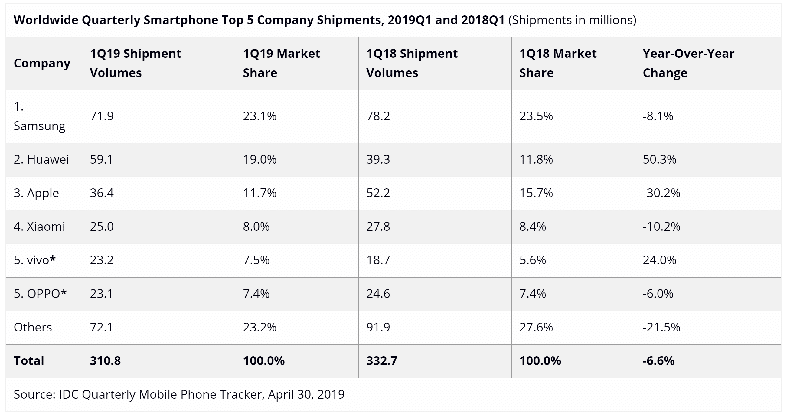
Voice tech brings the cloud to the masses
Voice interfaces by Alexa and Google are more popular than ever. Smartphones are suffering a public backlash due to the lack of studies about screens and children’s brain development. Some families are looking to reach a balance of technology and creativity for their children.
Human-computer interaction is evolving from keeping the user’s eyesight captive to a supportive and immersive environment of smart devices that can condense many data inputs into simple and contextually relevant pieces of consumable information.
Ubiquitous computing is becoming a reality. You can expect personalization in Native Voice applications built on top of Alexa, Google, and others. You will be able to program your Alexa to recommend activities during the day.
Time to pick up the children? Alexa will prioritize this over other activities so that you are calmer and can plan to be on time. Time to take your medicine? Alexa knows your schedule and can run an analysis of drug interactions and potential issues that might arise.
Most importantly, you can talk to Alexa and let her know how you feel, and she can plug you into your doctor’s telemedicine practice.
The future of Voice tech is private, ultra-personalized, conversational with self-published Voice skills
When consumers understand that they can launch their own “Voice Skills” and sell them to other users in a marketplace, it will unlock a peer-to-peer network that allows people to scale their social reach and make money simultaneously.
Amazon and Google cannot do this alone. They need the community to facilitate the supply and demand of Voice Skills. These transactions will happen at scale and without code since it will be abstracted to drag-and-drop interfaces that can be used to build a fully-fledged service.
Imagine a world in which Voice is embedded in your normal environment and contextually switches from your home device to the watch and the car and carries on contextual actions to your needs. “Alexa, open the garage door. Alexa, start the coffee maker. Alexa, make a call to my wife as soon as I get home.”
Humans merge with software
The merger doesn’t look like a scene from the ex-Machina movie just yet. Eventually, it will, but software applications have overpowered hardware as the main conduit for human-computer interaction.
The phone is the middleman and the most likely target for cloud-based software to take its place to a certain extent. Google is already doing this with gaming with Stadia.
Voice Tech takes HCI one step further
Google’s Stadia website boldly proclaims that “The future of gaming is not a box.” The cloud already manages your music.
Spotify translates your mood into playlists. Whether you are running or cycling, your devices are embedded in your routine transforming your needs into digital signals that trigger an action from a group, person, or company fully specialized and ready to handle that particular need.
- Spotify for Music.
- DoorDash for food delivery
- Uber for cars. Airbnb for hotels
- Google for the world’s information
- Instagram for the moments you live.
- Snap for the ephemeral
- Upwork for people
All powered by Voice commands and supportive screens.
Voice Authentication Is The Future
Facebook popularized the notion that your identity can be set once and utilized everywhere in order to remove the need for passwords and multiple logins across multiple websites and services by using Facebook Login.
Voice Needs A Native Authentication Protocol To Truly Blossom
Voice Platforms will deploy technology akin to Facebook Login, but for Voice so that your Voice Cloud can follow you into any environment you are interacting with, be this your home, car, or earphones.
Your Personal Voice Cloud will be a set of combined services that deliver different kinds of information based on where you are, such as local audio tours of historical locations. Your preferences will also be set within a Cloud-based Voice service that interacts with the data collected by personal sensors embedded within smartphones, smart glasses, and smartwatches that can analyze this data and provide real-time contextual suggestions for improvement.
For Cloud-based services to deliver on this, a next-generation Authentication protocol that can relate personal identity and link it to several devices on the fly needs to exist. Once confirmed through biometrics, identity can travel from home to work and into other self-care activities such as reading a book or going for a run.
